'It's a war out there'
Cesar Buitrago
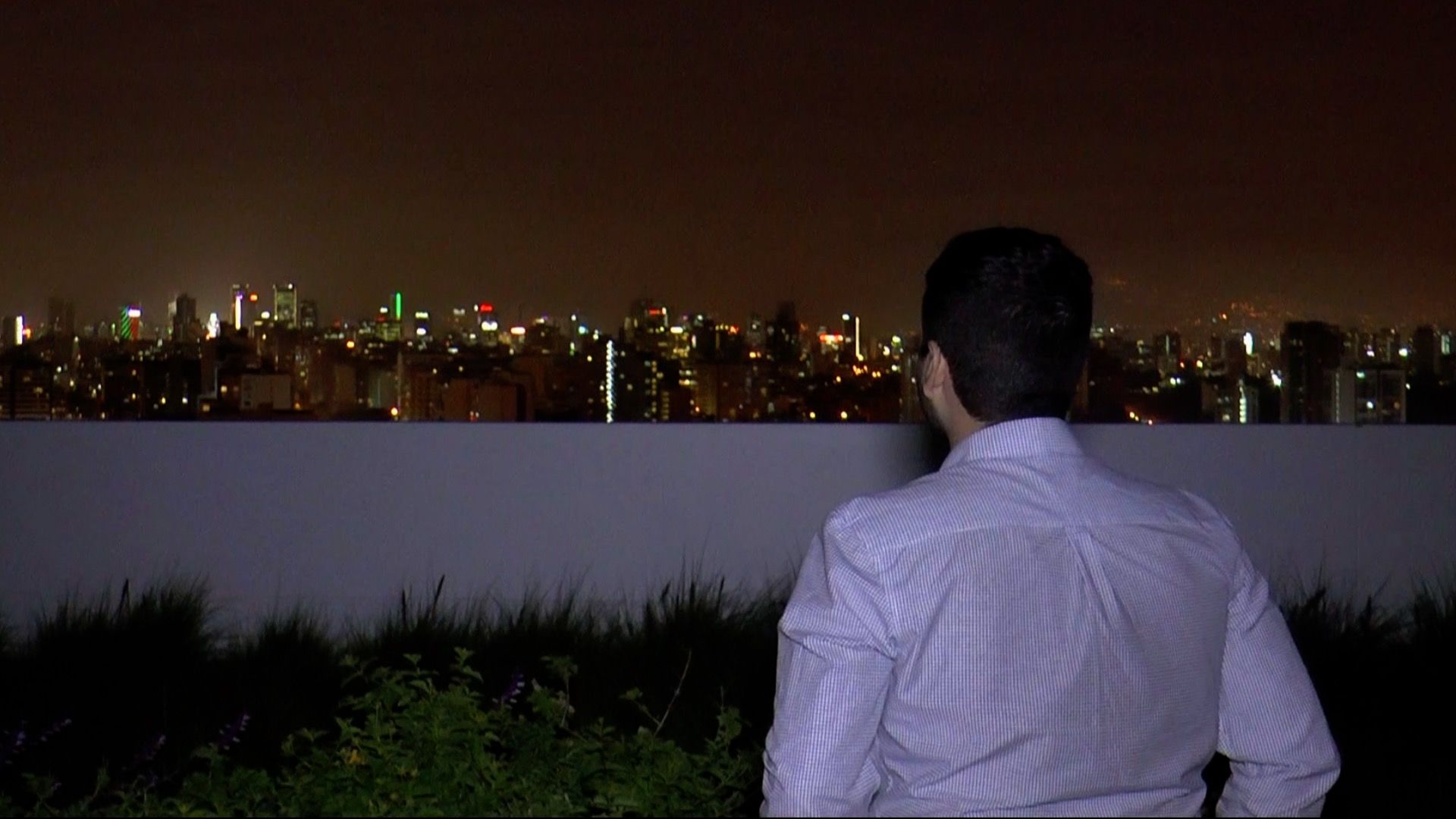
Cesar Buitrago calls it a 'war'.
Death, robbery and kidnap have become a daily fixture in Venezuela.
Cesar lived in fear, surrounded by danger everywhere he went.
"The lack of security is terrible, it's terrible", he says, "The number of deaths is dreadful".
He was looking to leave the country and thanks to a Peruvian government policy, he saw an opportunity to escape Venezuela and start a new life.
A life where he could have a future.
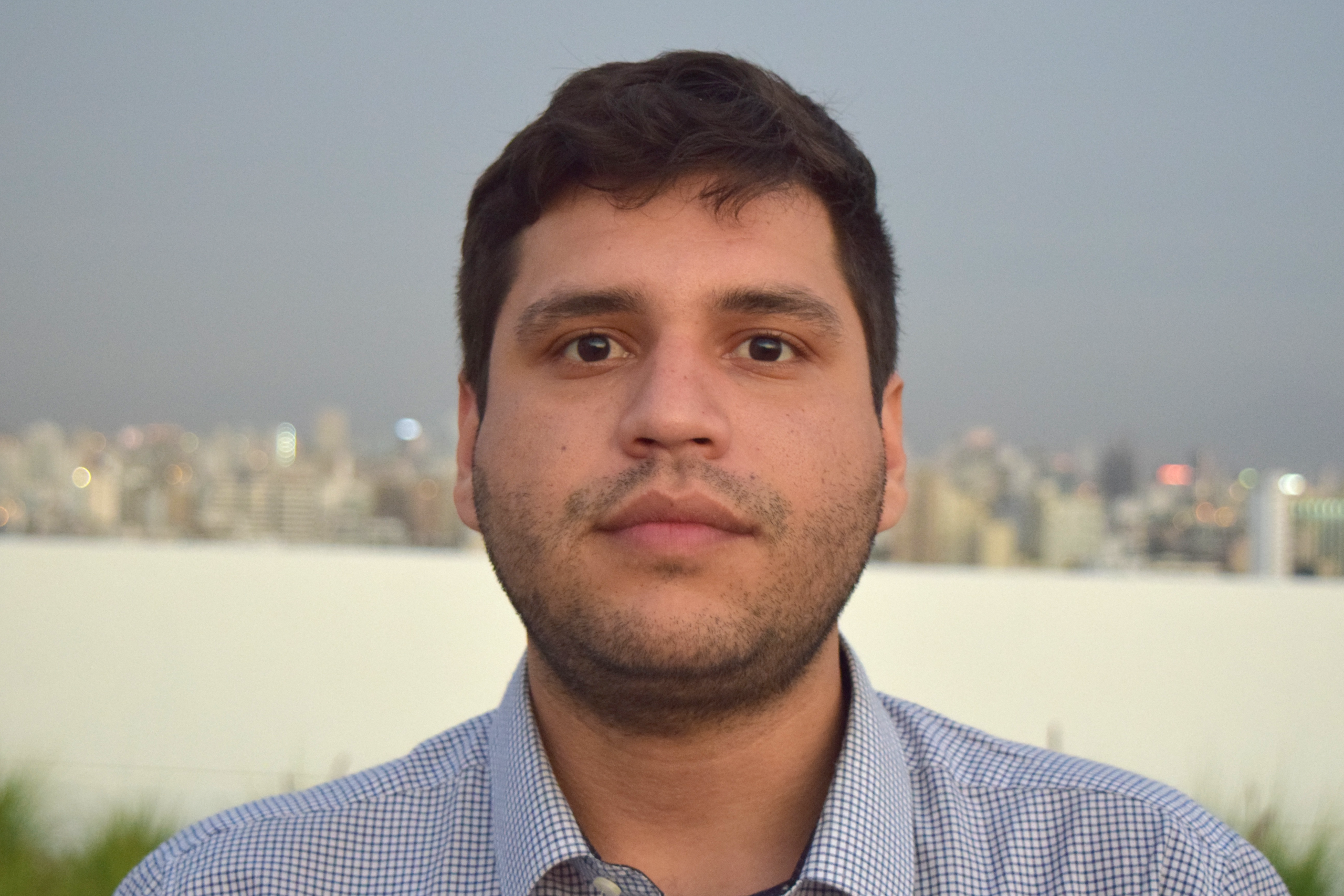
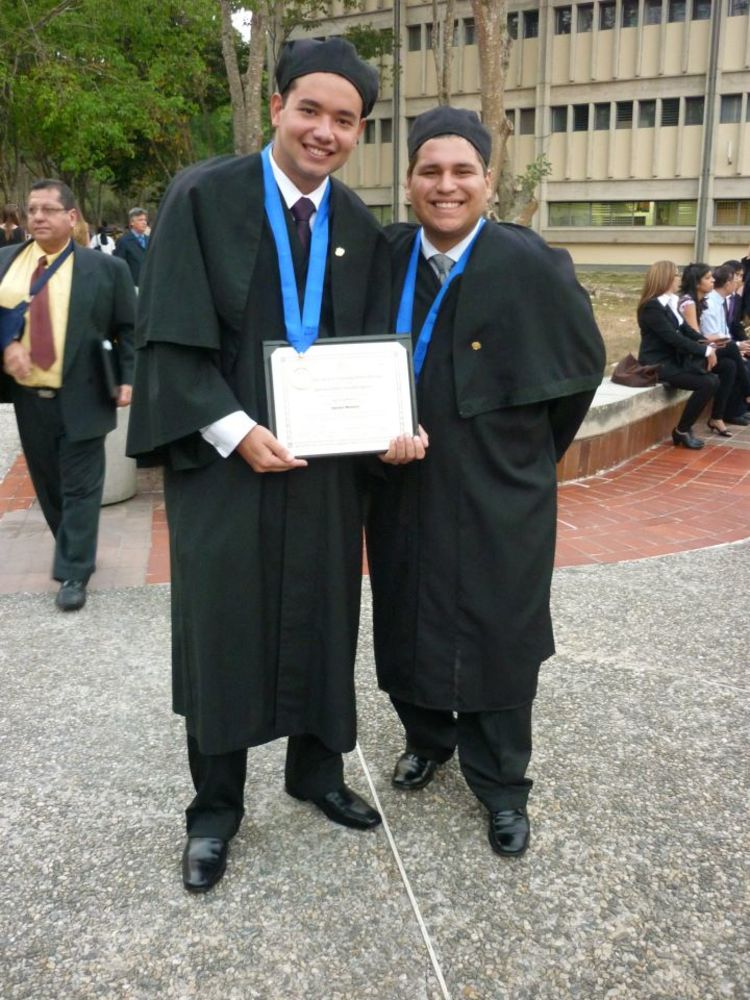
Cesar at his graduation (2012)
Cesar at his graduation (2012)
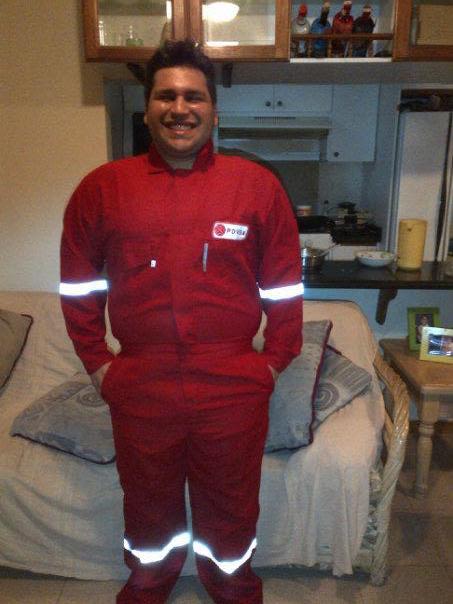
Cesar when he worked as an intern for PDVSA (2012)
Cesar when he worked as an intern for PDVSA (2012)
“Everyone has a precise moment in which everything in their lives changed in Venezuela. In my case, it was in 2002 when my father left PDVSA (Venezuela’s state-owned oil and gas company)”.
In 2002, PDVSA’s employees were part of a nation-wide strike, which aimed to force a new general election. This was the latest attempt to get Hugo Chavez of power. Nearly 19,000 people were dismissed by the government following the strike, Cesar’s father was one of them.
It was the moment in which it all changed for Cesar or the moment in which he realised what was coming, “I could see a country that was going to break”.
Cesar studied Mechanical Engineering in Venezuela, where he worked as a piping engineer for three years. As live would have it, before getting that job he had a brief stint as an intern in his father's previous company, PDVSA.

Cesar when he worked as an intern for PDVSA (2012)
The crisis, however, curtailed his job growth opportunities as it did with all young Venezuelans.
“The inflation was huge, and you couldn’t live there, especially if you were young. People that worked in Venezuela for a long time and already had a steady life and at least a house, most of them decided not to leave.
But young people found it almost impossible to buy goods with only one job. And I’m not talking about expensive, unnecessary goods, I’m talking about food, sugar, basic products. You even had to make large queues to buy these goods. These problems made me and more young people I know leave the country.”

Cesar at his graduation (2012)
Opportunities were limited for young people, and, for most of them, this was reason enough to leave the country. However, these meagre possibilities were further reduced by Cesar’s main fear of the crisis: delinquency.
In the years prior to his departure, Venezuelan crime rates rose dramatically. According to the Venezuelan Violence Observatory, murder rates went from 79 per 100,000 people in 2013, to 90 in 2015.
It was the second highest peacetime murder rate in the world.
“If you did alright and you had your own business you could generate enough money to live in Venezuela, there were ways to do it a couple of years ago, even in the midst of the crisis.
"But you were at risk of being kidnapped or robbed and that wasn’t a peaceful life. It’s living in fear. A fear of being robbed just for the sake of it or worst of being killed.
“There’s danger wherever you were in Venezuela, you lived in fear. I couldn’t walk on the streets with a phone. It was crazy."
“I left for this reason as well”. By the end of 2016, Cesar knew that there wasn’t a future for him in Venezuela and began to look for a new country to settle in. Colombia, Ecuador emerged as attractive destinations, but he spotted a unique opportunity in Peru.
In January 2017, the Peruvian president signed an executive order to create the ‘Temporary Permit to stay’ or PTP. This permit was specifically created to help Venezuelans regularise their immigration status in Peru.
With it, they could access formal jobs and important services such as health services and education that they weren’t able to get since Venezuela’s suspension from Mercosur (essentially South America’s EU), a move that took away from the Venezuelan people the right to reside in most South American countries.
However, the permit would only apply to those who entered the country after Venezuela was suspended from Mercosur (1st of December 2016) up until the 2nd of February 2017. It was Cesar’s chance to leave the country and become a legal citizen elsewhere.
“Peru was the opportunity when the PTP came out. It allows you to be a legal migrant and that’s important. You don’t have the same opportunities as an illegal immigrant”.
By the end of January, Cesar travelled to Peru.
Cesar travelled by plane and arrived in Lima in February 2017. It would be his first experience living in a foreign country.
He applied and received his temporary permit to stay and work in the country. He had to start from scratch. During his first four months, Cesar worked in a chicken restaurant. He tried and failed to find a job in engineering and landed a kitchen gig in order to get some money.
Still, the job was really demanding, and he left it to pursue some freelancing opportunities in engineering, although it never provided him with a steady income.
Cesar went back to Venezuela for three months at the end of 2017. He hadn’t found the job prospects that he had expected but was determined to continue his life in Peru.
That was the last time he went back home. By the start of 2018, he returned to Lima and applied and secured a special residence permit for PTP holders as the temporary permit expires after one year.
This time, things were different for Cesar. Not long after returning to Peru he landed the job -that he currently holds- as a warehouse technician in a multinational corporation; finally landing a job that related to his career.
“Thank God since I’ve returned, I got possibilities in my career. I’m growing little by little after starting from the bottom.”
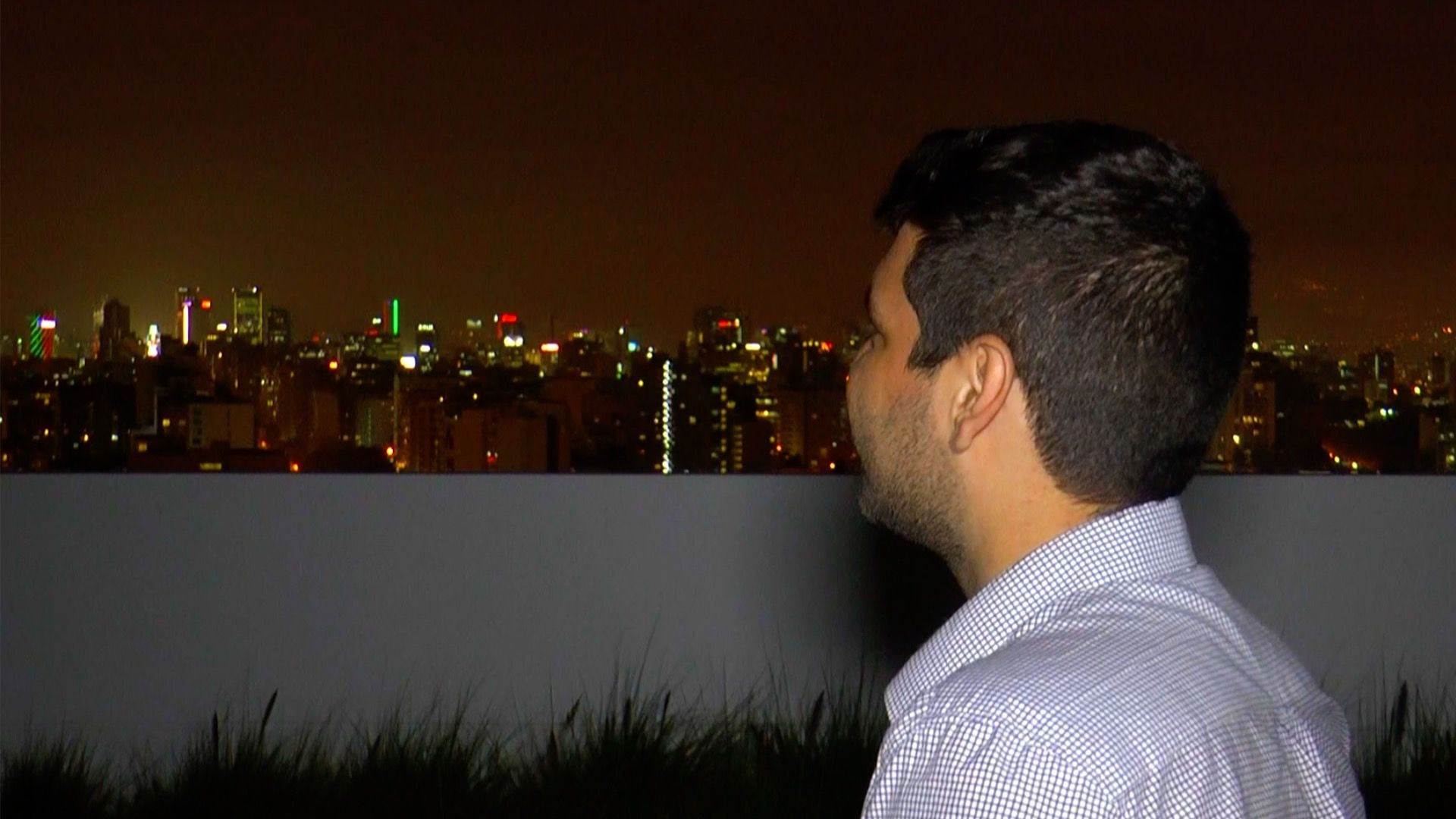
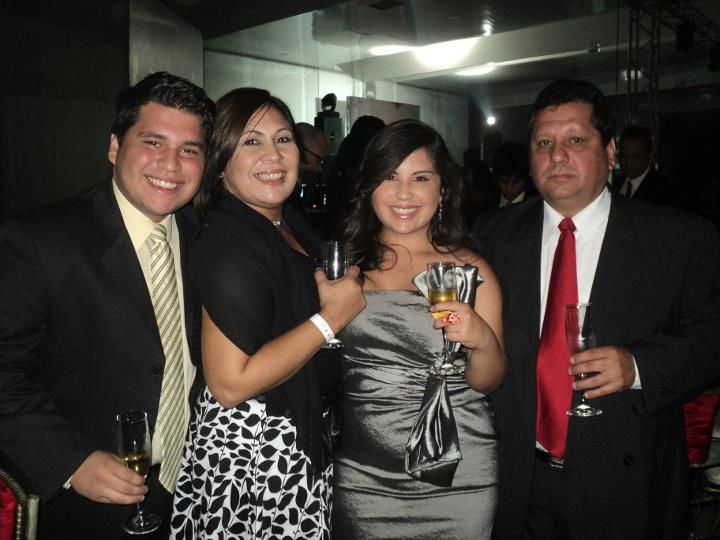
Cesar's family (2011)
Cesar's family (2011)
In spite of that, Cesar continues to miss and worry about his family back in Venezuela.
His family used to be really close, always visiting and spending time with each other. The crisis forced him to leave but her family is still back there.

Cesar's family (2011)
“They are in that war and I’m here, and it’s hard”, he says emotionally, “you can help them but at the same time you’re not helping them because you cannot improve their quality of life”.
He fears for their safety not only because of the situation but because those who receive money from abroad are constantly targeted by criminals. They are identified and then either robbed or kidnapped because of that money, who was supposed to help them in the first place.
“Everyone is stealing from everyone, you can lose your life at any moment. The lack of safety is terrible”
Cesar wants to bring them to Peru and his family is preparing to move too. They are only waiting for his sister to finish her medicine degree before leaving the country.
Putting an end to his fears once and for all.
In Peru, Cesar has been enjoying the attention of those curious about the Venezuelan crisis, “they ask me ‘what happened in Venezuela?’, there’s a certain interest for me to tell the story”. He says it makes for an easy conversation opener.
He has enjoyed and fallen in love with the Peruvian cuisine but still can’t see himself living in the country in the long term.
“While I’ll have job stability, I wouldn’t think about leaving Peru in the short term. But I like to travel, and I’d like to keep studying, maybe in another country like Europe and even the United States”.
Perhaps unsurprisingly, he says his long-term future belongs to Venezuela. He dreams of growing old in his home country, as many others would like.
"I think that I'm not the only one that dreams of growing old back there (in Venezuela)".
"I think that I'm not the only one that dreams of growing old back there (in Venezuela)".
Cesar will continue to dream of Venezuela, the country he and many others would have never left if it weren't for the chaos triggered by a few people.

